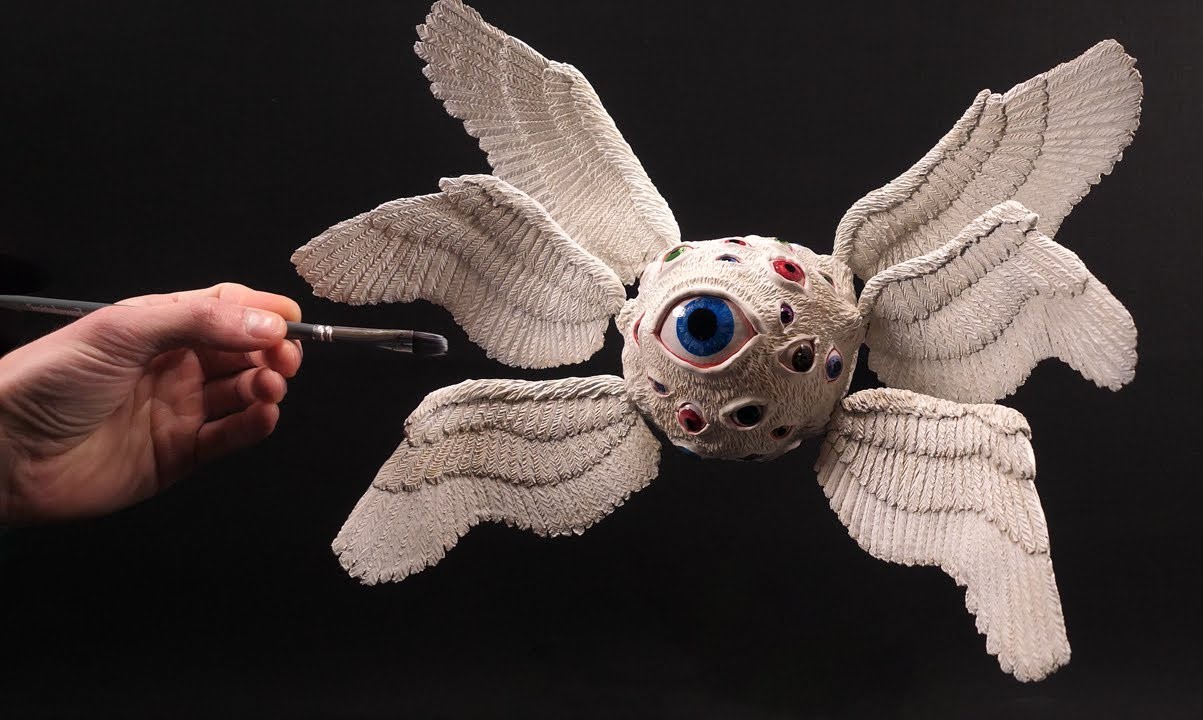
Franceschetti–Klein Syndrome, also known as Treacher Collins Syndrome, is a rare genetic disorder affecting facial development. Ever wondered why some people have unique facial features? This condition might be the reason. Affecting about 1 in 50,000 people, it can lead to underdeveloped cheekbones, jaw, and chin. Hearing loss is also common due to ear abnormalities. The syndrome doesn't impact intelligence, but it does require medical attention for physical symptoms. Understanding this condition helps in supporting those who live with it. Let's dive into 20 intriguing facts about Franceschetti–Klein Syndrome to better grasp its impact and characteristics.
What is Franceschetti–Klein Syndrome?
Franceschetti–Klein Syndrome, also known as Treacher Collins Syndrome, is a rare genetic disorder. It affects the development of bones and tissues in the face. Here are some fascinating facts about this condition.
-
Genetic Mutation: This syndrome is caused by mutations in the TCOF1, POLR1C, or POLR1D genes. These genes play a crucial role in the development of facial bones and tissues.
-
Inheritance Pattern: It follows an autosomal dominant inheritance pattern. This means only one copy of the altered gene is enough to cause the disorder.
-
Facial Features: Individuals with this syndrome often have distinctive facial features. These include downward-slanting eyes, a small jaw, and underdeveloped cheekbones.
-
Hearing Loss: Many people with Franceschetti–Klein Syndrome experience hearing loss. This is due to abnormalities in the middle ear bones.
-
Normal Intelligence: Despite physical challenges, most individuals have normal intelligence. Cognitive development is typically unaffected.
-
Speech Difficulties: Speech can be affected due to structural anomalies in the mouth and throat. Speech therapy often helps improve communication skills.
-
Eye Problems: Some individuals may have vision issues. These can include coloboma, a condition where normal tissue in or around the eye is missing.
-
Breathing Issues: Underdeveloped facial bones can lead to breathing difficulties. Some may require a tracheostomy to assist with breathing.
-
Feeding Challenges: Infants with this syndrome might have trouble feeding. Specialized feeding techniques or tubes may be necessary.
-
Surgical Interventions: Multiple surgeries are often needed to correct facial anomalies. These can include jaw reconstruction and ear implants.
-
Prenatal Diagnosis: It can be diagnosed before birth using ultrasound and genetic testing. This allows for early intervention planning.
-
Supportive Care: A multidisciplinary team approach is essential. This includes specialists in genetics, ENT, ophthalmology, and speech therapy.
-
Psychosocial Impact: Living with this syndrome can affect self-esteem and social interactions. Psychological support is crucial for mental well-being.
-
Prevalence: It affects approximately 1 in 50,000 live births. This makes it a rare condition.
-
Family Planning: Genetic counseling is recommended for affected individuals considering having children. This helps understand the risks of passing on the condition.
-
Research Advances: Ongoing research aims to better understand the genetic mechanisms. This could lead to improved treatments and interventions.
-
Community Support: Various organizations provide support and resources. These include the Treacher Collins Foundation and other advocacy groups.
-
Awareness Campaigns: Raising awareness helps reduce stigma and promote understanding. Awareness campaigns are vital for fostering inclusivity.
-
Educational Adaptations: Schools may need to make accommodations for affected children. This ensures they receive appropriate support for their learning needs.
-
Technological Aids: Advances in technology, such as hearing aids and communication devices, greatly enhance the quality of life for those affected.
Final Thoughts on Franceschetti–Klein Syndrome
Franceschetti–Klein Syndrome, also known as Treacher Collins Syndrome, is a rare genetic disorder affecting facial development. Understanding its symptoms, causes, and treatments can help those affected lead better lives. Early diagnosis and intervention are crucial for managing the condition effectively. Genetic counseling can provide valuable insights for families with a history of the syndrome.
Awareness and education about Franceschetti–Klein Syndrome can foster a supportive community for those impacted. Medical advancements continue to improve the quality of life for individuals with this condition. By staying informed and advocating for research, we can contribute to a brighter future for everyone affected by Franceschetti–Klein Syndrome.
Remember, knowledge is power. The more we learn about rare conditions like this, the better equipped we are to support those who live with them every day.
Was this page helpful?
Our commitment to delivering trustworthy and engaging content is at the heart of what we do. Each fact on our site is contributed by real users like you, bringing a wealth of diverse insights and information. To ensure the highest standards of accuracy and reliability, our dedicated editors meticulously review each submission. This process guarantees that the facts we share are not only fascinating but also credible. Trust in our commitment to quality and authenticity as you explore and learn with us.


